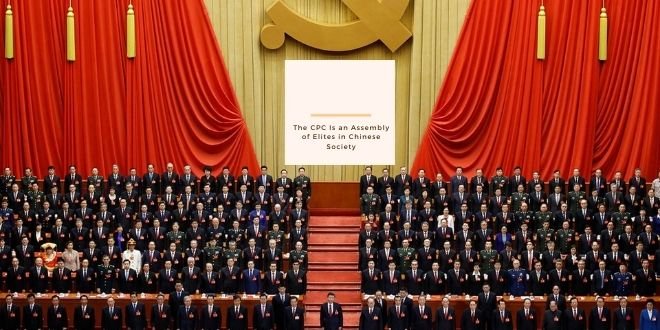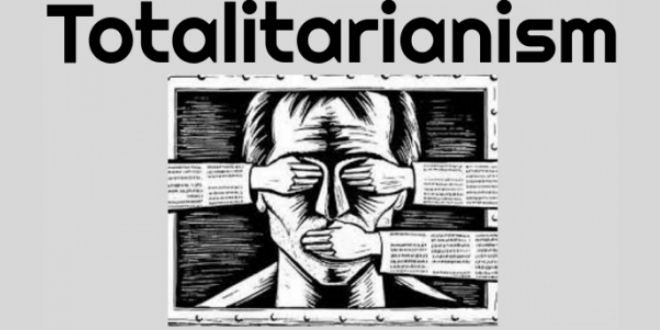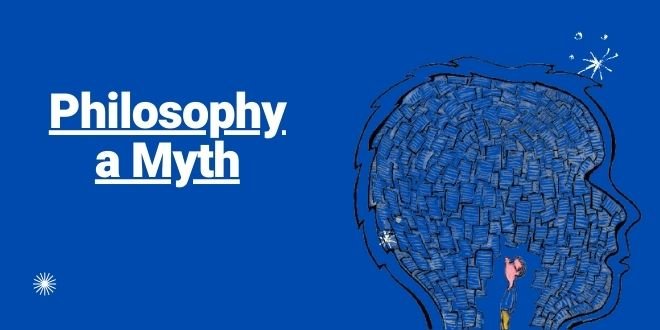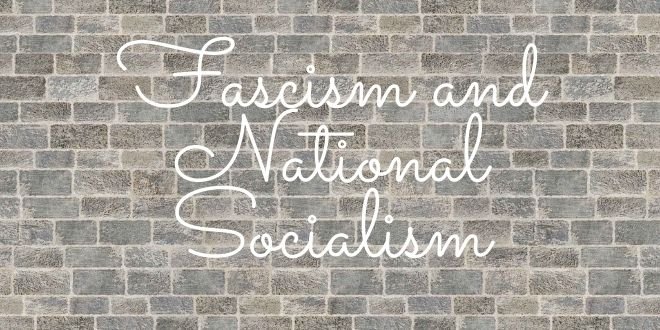The CPC as an Elite Assembly: Power, Membership, and Influence in China
The Communist Party of China (CPC) is often described as a mass political organization, yet its structure reveals a deeper reality: it is also an assembly of elites shaping China’s political, economic, and social trajectory. By combining mass membership with selective recruitment, the CPC maintains authority, social legitimacy, and policy effectiveness. Understanding the Party’s membership … Read more










